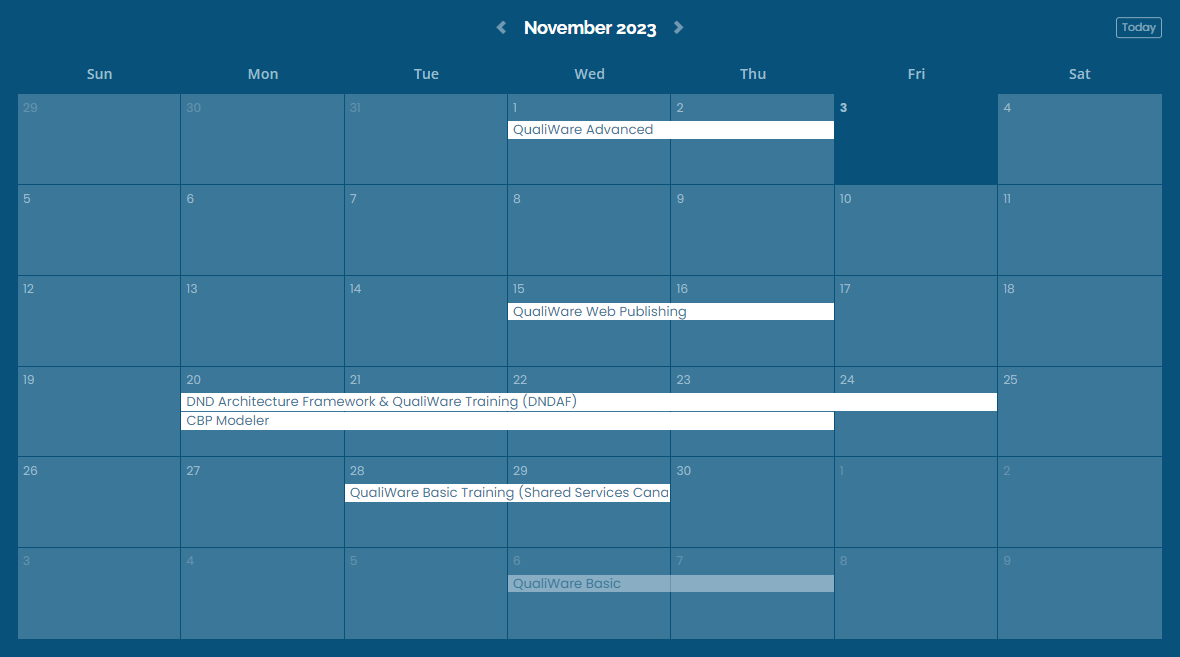Software
Services
Training & Support
Ten Benefits of a Compliance Management System for Large-Scale Operations
August 08, 2023 3 min read

In today's complex regulatory landscape, maintaining compliance is no easy task, especially for large-scale operations. A robust Compliance Management System (CMS) is key to streamlining processes, reducing risks, and fostering a culture of compliance. Here are ten key benefits:
- Efficiency and Consistency
For big companies, a CMS automates repetitive tasks, reducing the time and effort required for compliance activities. It also ensures consistency in handling compliance issues, reducing the risk of human error. This efficiency is particularly crucial in large operations where even minor inconsistencies can lead to significant problems.
- Risk Mitigation
A CMS identifies potential compliance risks before they become significant issues. It provides a framework for risk assessment and management, helping large entities stay ahead of potential pitfalls. This proactive approach to risk management is essential in organizations where the impact of risks can be substantial.
- Regulatory Updates
Laws and regulations are constantly changing. A CMS helps businesses keep up to date with these changes, ensuring your organization's practices remain compliant. This feature is particularly beneficial for operations that operate in multiple jurisdictions and need to comply with various sets of regulations.
- Culture of Compliance
A CMS helps instill a culture of compliance within the organization. It provides employees with the tools and training they need to understand and adhere to compliance standards. This culture of compliance is vital in large organizations where the actions of a single employee can have significant implications.
- Transparency and Accountability
A CMS provides a clear audit trail of compliance activities, promoting transparency and accountability. This not only builds trust with regulators but also with employees, customers, and stakeholders. Transparency and accountability are particularly important in companies where there can be many layers of decision-making.
- Improved Decision Making
By providing a comprehensive view of compliance across the organization, a CMS enables better decision-making. Leaders can identify trends, assess risks, and make informed decisions. This ability to make data-driven decisions is crucial in large organizations where the stakes are high.
- Reduced Costs
By automating processes and reducing the risk of non-compliance penalties, a CMS can lead to significant cost savings for large enterprises. These cost savings can be substantial in large organizations where the scale of operations means that even small efficiencies can lead to significant savings.
- Enhanced Reputation
Compliance with laws and regulations can enhance an organization's reputation with customers, partners, and the public. A CMS helps ensure that your operation is seen as trustworthy and reliable. This enhanced reputation can be particularly valuable for companies that operate in the public eye.
- Ease of Reporting
A CMS can generate reports to demonstrate compliance to internal stakeholders and external regulators. This makes it easier to provide evidence of compliance activities and outcomes for large companies. This ease of reporting is particularly beneficial for organizations that need to report to multiple stakeholders.
- Scalability
As your organization grows, a CMS can scale with you, ensuring that compliance management remains robust and effective, no matter the size of your enterprise. This scalability is crucial for large organizations that are growing and evolving.
Investing in a Robust CMS
Investing in a robust CMS is not just about ticking off a regulatory checklist, it's about protecting your organization's reputation and future. One such CMS that has proven to be effective for large-scale operations is QualiWare. It provides a secure and structured way to maintain processes, audits, and policies in one place, ensuring consistency and efficiency in your quality and compliance management. For more information, please visit Quality Management - CloseReach
Leave a comment
Comments will be approved before showing up.

